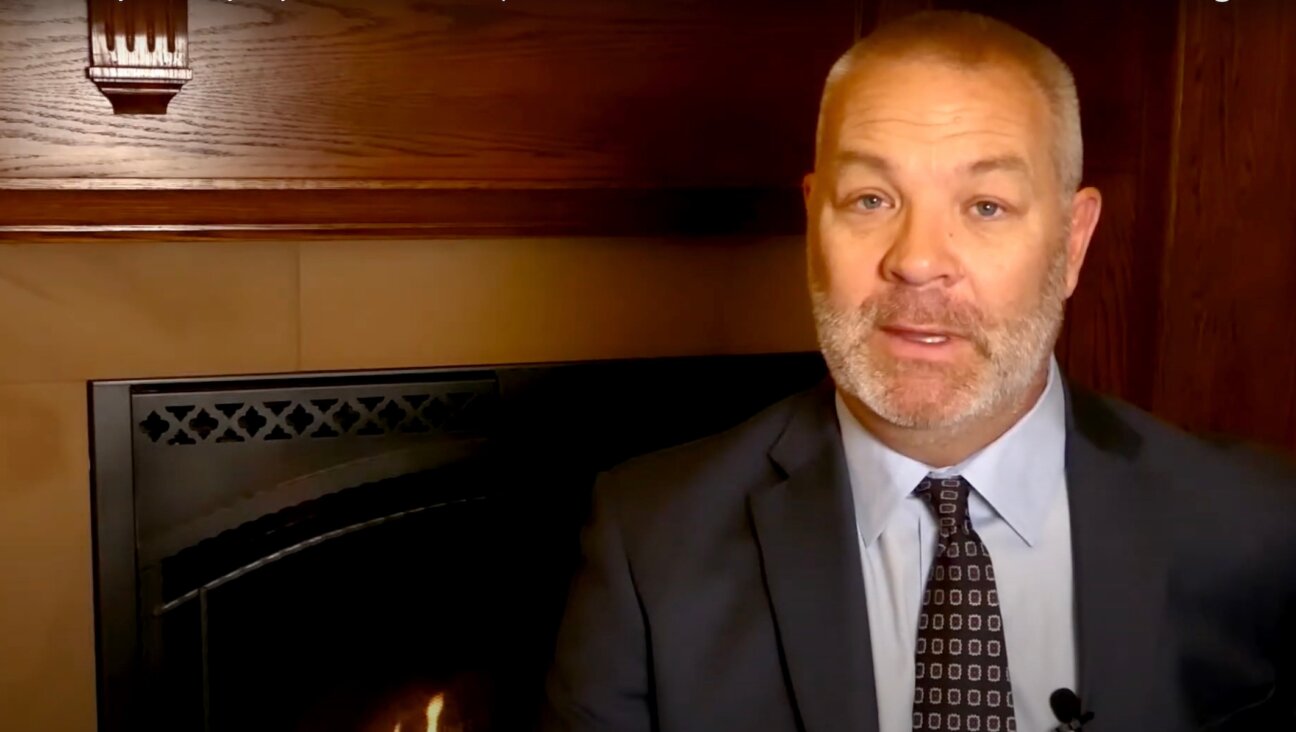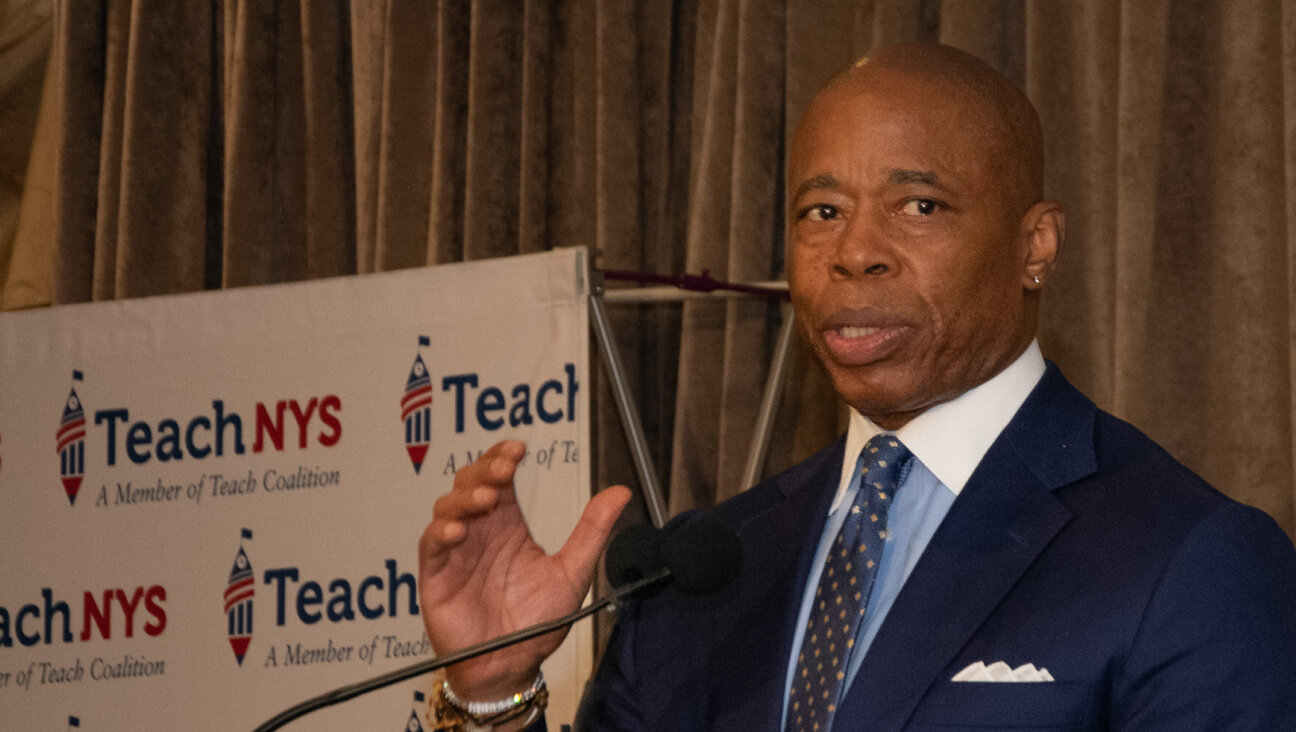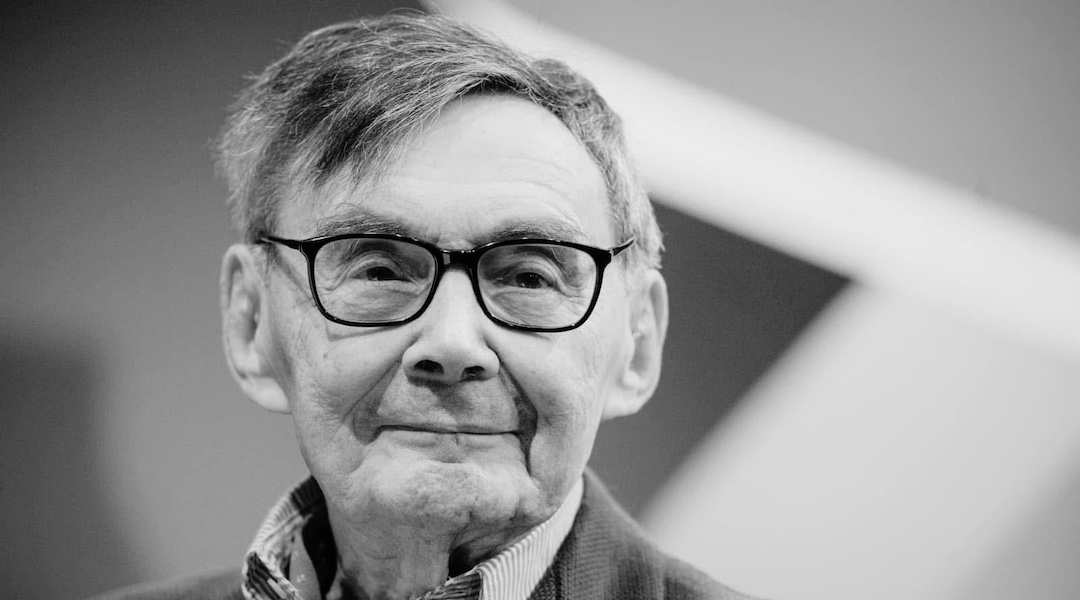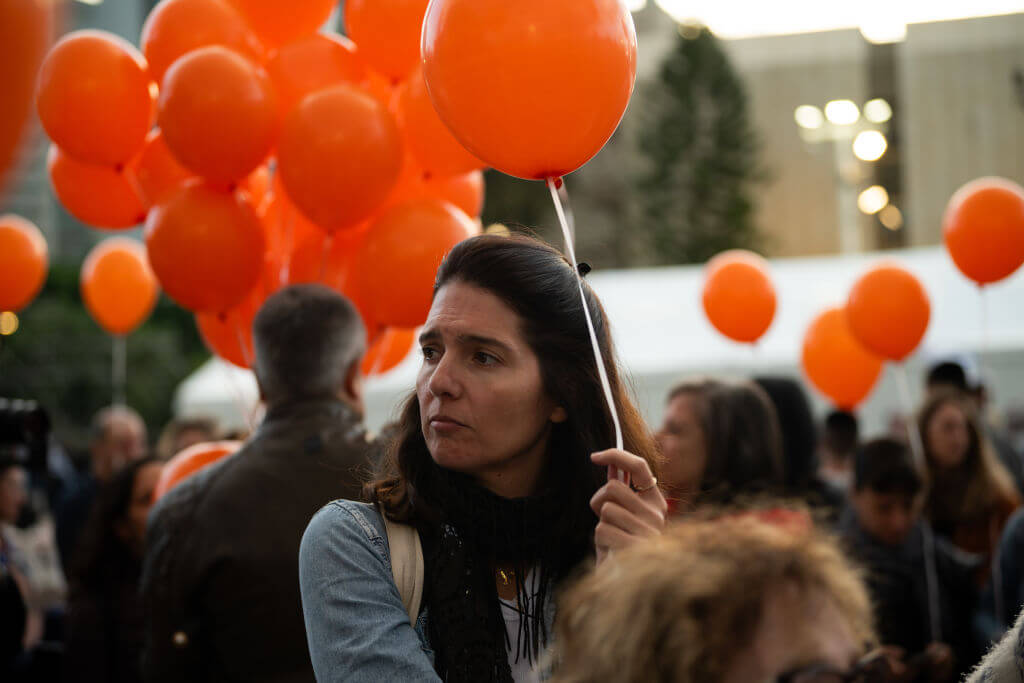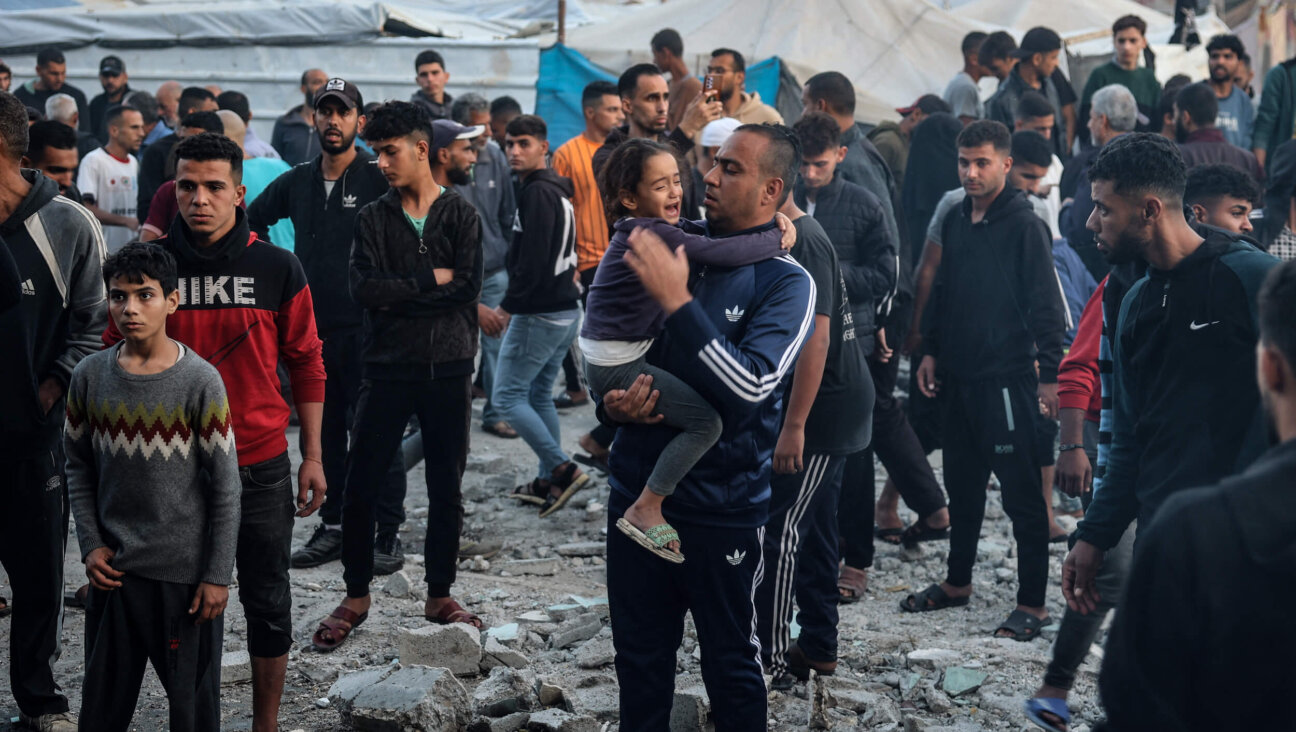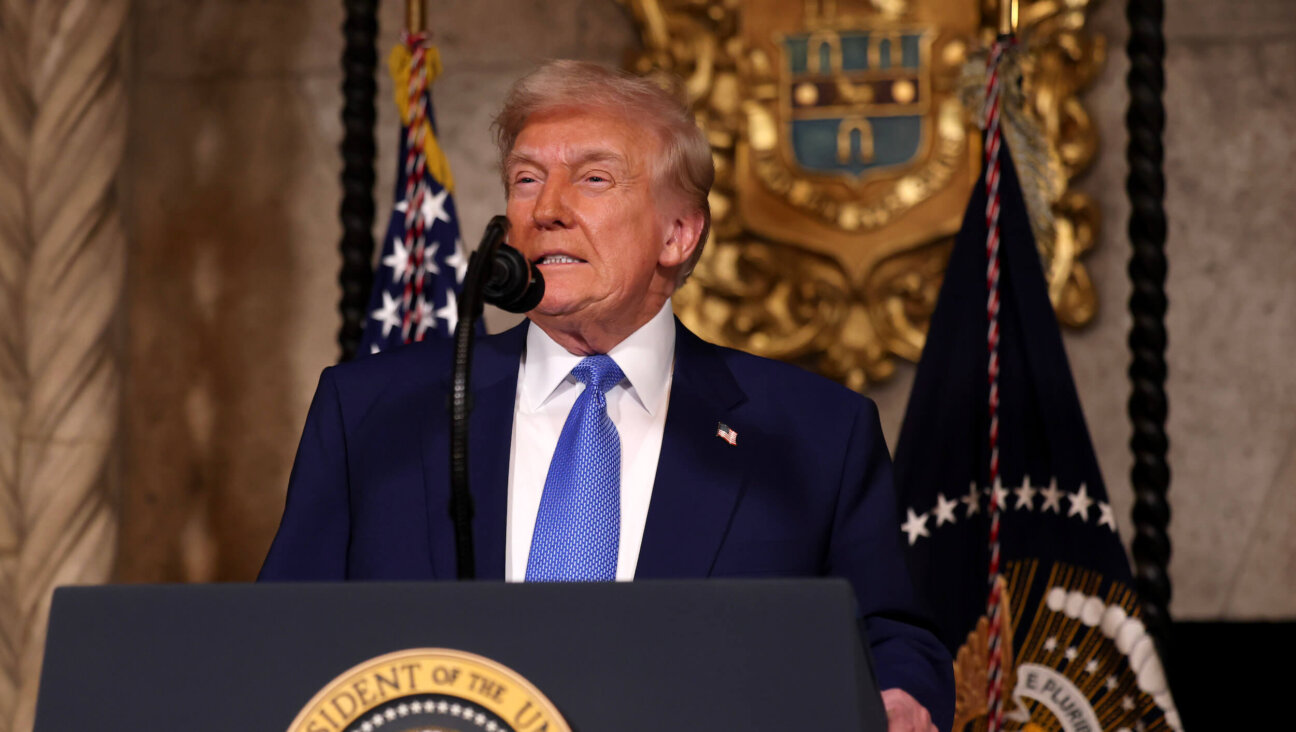Israeli diaspora minister tells US Jewish leaders he opposes advancing ceasefire and hostage deal
Israel is currently negotiating the second stage of the ceasefire, in which all remaining living Israeli hostages are meant to be released while Israel fully withdraws from Gaza
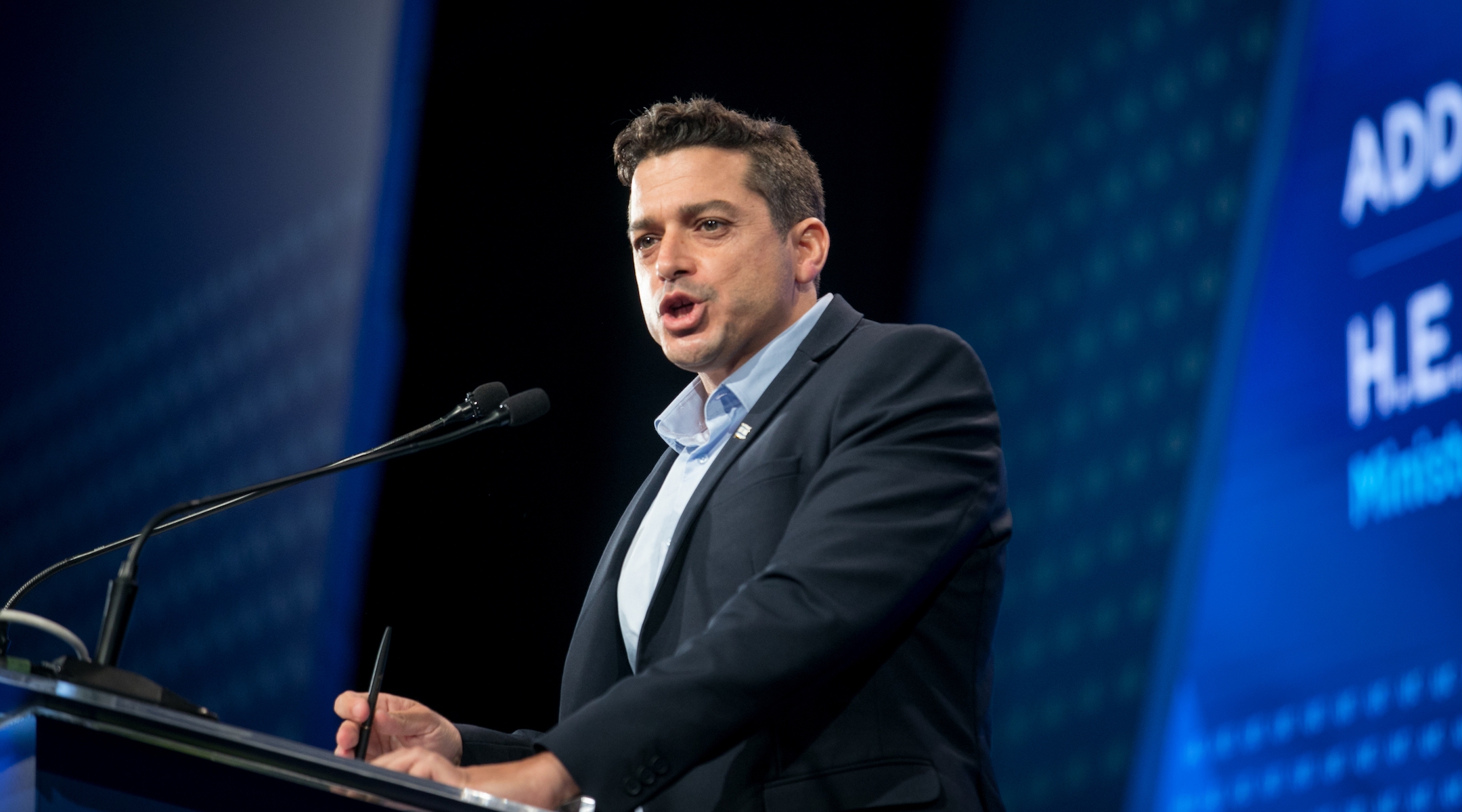
Israeli Minister of Diaspora Affairs Amichai Chikli speaks at an American Jewish Committee conference in Tel Aviv on June 14, 2023. (Miriam Alster/FLASH90)
(JTA) — Israeli Diaspora Minister Amichai Chikli told a gathering of American Jewish leaders on Sunday that he will vote against future stages of the Israel-Hamas ceasefire deal.
Israel is currently negotiating the second stage of the ceasefire, in which all remaining living Israeli hostages are meant to be released while Israel fully withdraws from Gaza. Today, negotiators are due to begin discussions of how to implement the second stage, which would begin in early March. Polls show most Israelis want the deal to advance to the second stage.
But Chikli told a delegation from the Conference of Presidents of Major American Jewish Organizations that he opposes extending the deal because Israel would release hundreds of Palestinian security prisoners in exchange for the hostages.
Chikli was one of two ministers in Netanyahu’s Likud party to vote against the first phase of the deal, which began last month and has so far seen 24 hostages released in exchange for hundreds of Palestinian security prisoners.
“I will oppose the second stage of the deal in the government, just like I did the first,” he said, according to reports. “I cannot vote in favor of the next victims—whether in Gush Etzion, Megiddo, Tel Aviv, Jerusalem, Afula or anywhere else.”
Chikli did not answer follow-up questions about the deal from the gathering, many of whose members have placed the release of the hostages front-and-center in their activism following Hamas’ Oct. 7, 2023 attack.
In its own statement upon the deal’s onset, The Conference of Presidents said it “welcomed” the agreement and called it “just the beginning of a process that will hopefully bring home all of the hostages.” It added, “We understand their release comes at a high price and with that brings uncertainty for Israel.”
A letter from the Israeli-led group UnXeptable, which opposes the policies of Israel’s current government, had petitioned the conference against inviting Chikli to speak. After the speech, Amy Spitalnick, CEO of the liberal Jewish Council on Public Affairs, who was present at the speech, said, “Opposition to a hostage deal that is supported by the vast majority of Israelis and Jews puts the hostages’ lives even further at risk.”
Chikli also reportedly praised European far-right parties and their anti-immigration stances.
It is unclear whether the second stage of the ceasefire will take effect. The first stage nearly collapsed last week after dueling statements from Hamas, Israel and the United States, though it ended up proceeding as planned, with the release of three Israeli hostages and hundreds of Palestinian security prisoners on Saturday. Israeli Prime Minister Benjamin Netanyahu has also come out in support of President Donald Trump’s plan for the United States to depopulate and then take over Gaza.
“Just as I have committed to, on the day after the war in Gaza, there will be neither Hamas nor the Palestinian Authority,” Netanyahu said in a statement on Monday. “I am committed to US President Trump’s plan for the creation of a different Gaza.”
But Steve Witkoff, Trump’s Middle East envoy, projected confidence, saying over the weekend that “phase two is absolutely going to begin.”
A message from our Publisher & CEO Rachel Fishman Feddersen

I hope you appreciated this article. Before you go, I’d like to ask you to please support the Forward’s award-winning, nonprofit journalism so that we can be prepared for whatever news 2025 brings.
At a time when other newsrooms are closing or cutting back, the Forward has removed its paywall and invested additional resources to report on the ground from Israel and around the U.S. on the impact of the war, rising antisemitism and polarized discourse.
Readers like you make it all possible. Support our work by becoming a Forward Member and connect with our journalism and your community.
— Rachel Fishman Feddersen, Publisher and CEO






